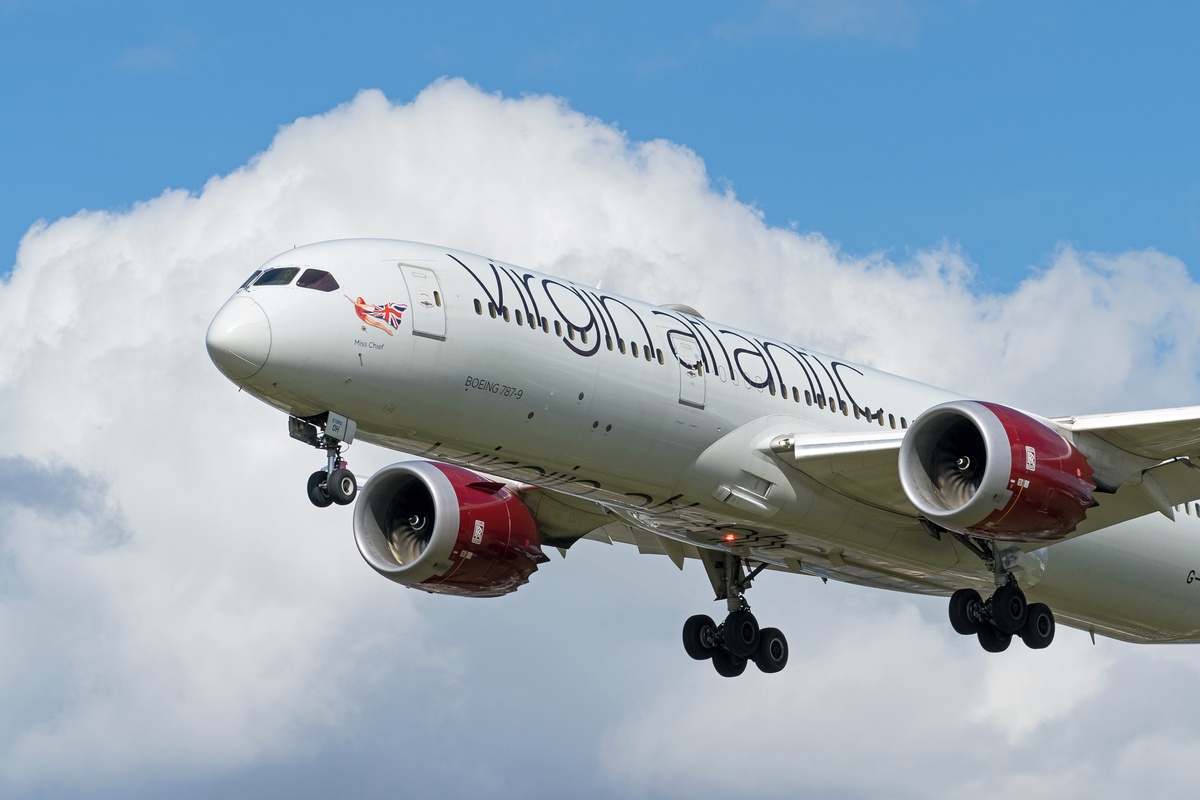What Makes Religious Tourism A Strong Investment for Hotels in India

Skift Take
In this episode of the Skift India Travel Podcast, Asia Editor Peden Doma Bhutia talks to Mehul Sharma, CEO and founder of Signum Hotels and Resorts, about the demand-supply gap in India's hospitality market. Sharma goes on to talk about the growing demand for religious tourism in India and what makes religious destinations such a strong investment for hospitality companies.
Key Points
Significant drivers of growth for hotels: Post-pandemic, the hospitality industry saw strong growth, especially in Tier-2 and Tier-3 cities. Demand for hotel rooms has outpaced supply, which will continue for the next decade. Positive developments in travel infrastructure and increasing disposable income have fueled the growth.
Addressing demand-supply gap and sustainability through asset-light model: Hotels are required to implement at least 10-15 sustainability measures, including solar energy and water treatment plants. Signum avoids signing hotels that don't prioritize sustainability. The company follows sustainability best practices modeled after industry giants like Taj and ITC. Signum emphasizes hiring local talent and promoting sustainable tourism practices.
Emerging destinations in Tier-2 and Tier-3 cities: The development of highways and airports has made smaller cities more accessible, leading to higher occupancy rates. Many local business owners in these cities are turning to hospitality as an additional, profitable venture.For example, Vrindavan has occupancy rates nearing 76%, showing strong potential in such areas.
Religious tourism as a strong investment: Religious destinations like Ayodhya and Shirdi attract consistent visitor numbers year-round, making them attractive for investment. This is also supported by significant government infrastructure investments, including better roads and airports. Religious cities often surpass traditional leisure destinations in both occupancy and average room rates.
Meeting new traveler patterns in religious cities: Hospitality companies should offer services that cater to religious tourists’ needs. Hotels should be designed to meet the requirements of spiritual tourists, including proximity to temples, vegetarian menus, and round-the-clock services.
Adapting to rise in shorter, spontaneous trips: Post-Covid, Indian travelers are opting for shorter and more spontaneous trips. Hotels need to adapt its offerings to cater to these preferences. Travelers are seeking luxury experiences, farm-to-table dining, and local cultural activities and hospitality companies need to incorporate these elements into their services.
Serviced apartments vs. traditional hotels: Managing serviced apartments is easier and more cost-efficient compared to traditional hotels, leading to better profitability. Serviced apartments primarily cater to corporate clients, with extended stays of up to two months, providing stable revenue streams.
Balancing serviced apartments and hotels: With minimal staff and fewer daily services, serviced apartments are more profitable and less costly to operate compared to hotels. Serviced apartments offer guests the comfort of a five-star hotel combined with the privacy and flexibility of an independent living space.
Listen Now
Subscribe
Apple Podcasts | Spotify | YouTube | RSS
Episode Summary
In this episode, Mehul Sharma, CEO and founder of Signum Hotels and Resorts, breaks down the impressive post-pandemic growth of the hospitality industry in India. He discusses key drivers of this growth, emphasizing the surge in domestic travel, especially in Tier-2 and Tier-3 cities, where demand has outpaced supply. Sharma highlights the government's role in supporting tourism and infrastructure, contributing to the boom in smaller cities.
Signum Hotels has expanded from eight to 12 properties post Covid, with four more in the pipeline
The conversation dives into sustainable development while ensuring strict measures are in place, such as green initiatives and local talent engagement, to avoid over-tourism. Sharma also talks about the rise of religious tourism in cities like Ayodhya and Vrindavan, which are experiencing high occupancy rates and year-round visitor influx. He notes that while visiting religious destinations the guests may ask for vegetarian menus, flexible check-in times, and simplified but comfortable stays.
Sharma also addresses the growing trend of shorter, spontaneous trips by Indian travelers, influenced by rising disposable incomes. This shift has led Signum to adapt its offerings, focusing on luxury and customization. The discussion also touches on how Signum has been managing serviced apartments in international markets, highlighting the operational differences and higher profitability compared to traditional hotels.
Skift’s in-depth reporting on climate issues is made possible through the financial support of Intrepid Travel. This backing allows Skift to bring you high-quality journalism on one of the most important topics facing our planet today. Intrepid is not involved in any decisions made by Skift’s editorial team.





